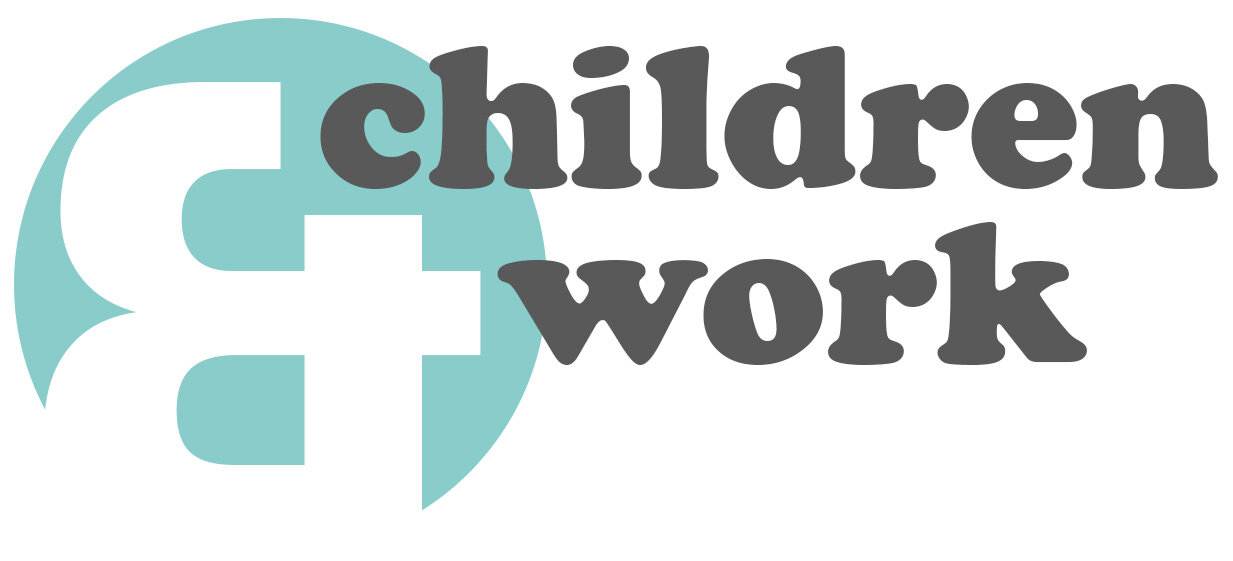Child Domestic Work: Doing it for the Kids?
Throughout the world, children – predominantly girls – are commonly employed as domestic workers. They work for pay in cash or kind, and typically live in their employers’ homes. Several years ago, Natascha Klocker worked with a group of Tanzanian researchers – some of whom were themselves former child domestic workers – to better understand this occupation. They interviewed 57 employers of child domestic workers, as well as 30 current and 34 former child domestic workers living in Iringa, a small town in the Southern Highlands of Tanzania. These interviews provide important insights into the ethics of care and responsibility that lead some adults to employ children in their own homes. The quote (right) comes from an interview with Edith, who employed a child domestic worker in her home at the time of the interview.
Employers’ voices are rarely heard in research and policy documents relating to child domestic work. Yet millions of adults throughout the world employ children for domestic purposes. These employers typically feature in research and policy documents as ruthless, exploitative, abusive and cruel. Some employers are all of these things. The researchers spoke to child domestic workers who were sexually abused, physically assaulted, locked into their employers’ houses, worked to the bone and denied promised wages. But policy initiatives relating to child domestic work need to take a complex and nuanced approach.
There are many children who experience positive outcomes as a result of domestic work, especially when their employers support them to learn a trade, or to attend school. Some child domestic workers save their wages to fund their own education. For others, child domestic work is not about planning for the future, it is an urgently needed survival mechanism. For vulnerable young girls – whose own families cannot afford to feed, clothe or school them, or who have been orphaned – child domestic work has the potential to offer a safe alternative.
The availability of child domestic work for economically marginalised girls means that they do not have to turn to more risky ways of supporting themselves: after all, prostitution is one of the few other ‘occupations’ available to poor girls with minimal education. Employers’ homes can also provide a haven for children whose own parents or guardians are abusive. One young girl, for example, had fled her home to become a child domestic worker because her grandfather burned her and threatened to kill her. Many of the interviewed child domestic workers had started working while well under the minimum age for employment – the youngest was ten years of age. But these were often the very girls whose family histories were most dire – and who most needed child domestic work as an escape route.
For all of the stories of abusive and exploitative employers that we heard, we also found evidence of genuine care. Many employers were guided in their actions by Tanzanian cultural norms – according to which responsibility for children is a communal matter. They could not turn their backs on the children of rural kin or acquaintances. Some reported that rural children’s parents would approach them saying: “This child of mine is in a difficult situation…if she lived here at your place, she could live in a good environment rather than roaming the streets” (Doreen, Employer). Some employers felt immense pressure to provide such children with a place to live and insisted that they employed children for altruistic reasons. As one employer, Irene, noted: “You might go to the village, you see the way that the children live, you ask: ‘What can I do? I should live with her’”. Even if their own wages were meagre, many employers felt that providing food and shelter (even in lieu of a wage) was preferable to abandoning impoverished children altogether. These perspectives have rarely been considered in research and policy initiatives that surround child domestic work. When employers’ voices are heard, they shed light on an ethic of care that unsettles pervasive and one-dimensional stereotypes of ruthlessness.
Policy challenges
It is important not to romanticise child domestic work. The sector is replete with examples, from around the world, of children’s exploitation and abuse at the hands of their employers. Equally, it is important not to demonise all employers due to the cruel and inhumane actions of some. Child domestic work – as with many forms of child work – is complex and necessitates a complex response that must include the participation of those children engaged in domestic work – as employees and as employers.
Policy recommendations
It is vital that child domestic work is not closed off as a survival mechanism for disadvantaged young girls. Employers and employees in this study were adamant that the prohibition of child domestic work must be avoided at all costs – in the interests of the children involved. Child domestic work urgently needs greater scrutiny and improved regulation. But any actions that are taken to ban this occupation – or to restrict young children from accessing it – risk causing far more harm than good. In the absence of adequate social safety nets, child domestic work may well be the best option that some children have.
Sources
This example was written by Natascha Klocker, based on research conducted with the assistance of Paul Mbenna, Esther John Malifedha, Vaileth Mvena, Faidha Mlossi and Amina Haule. A more detailed account can be found here.

